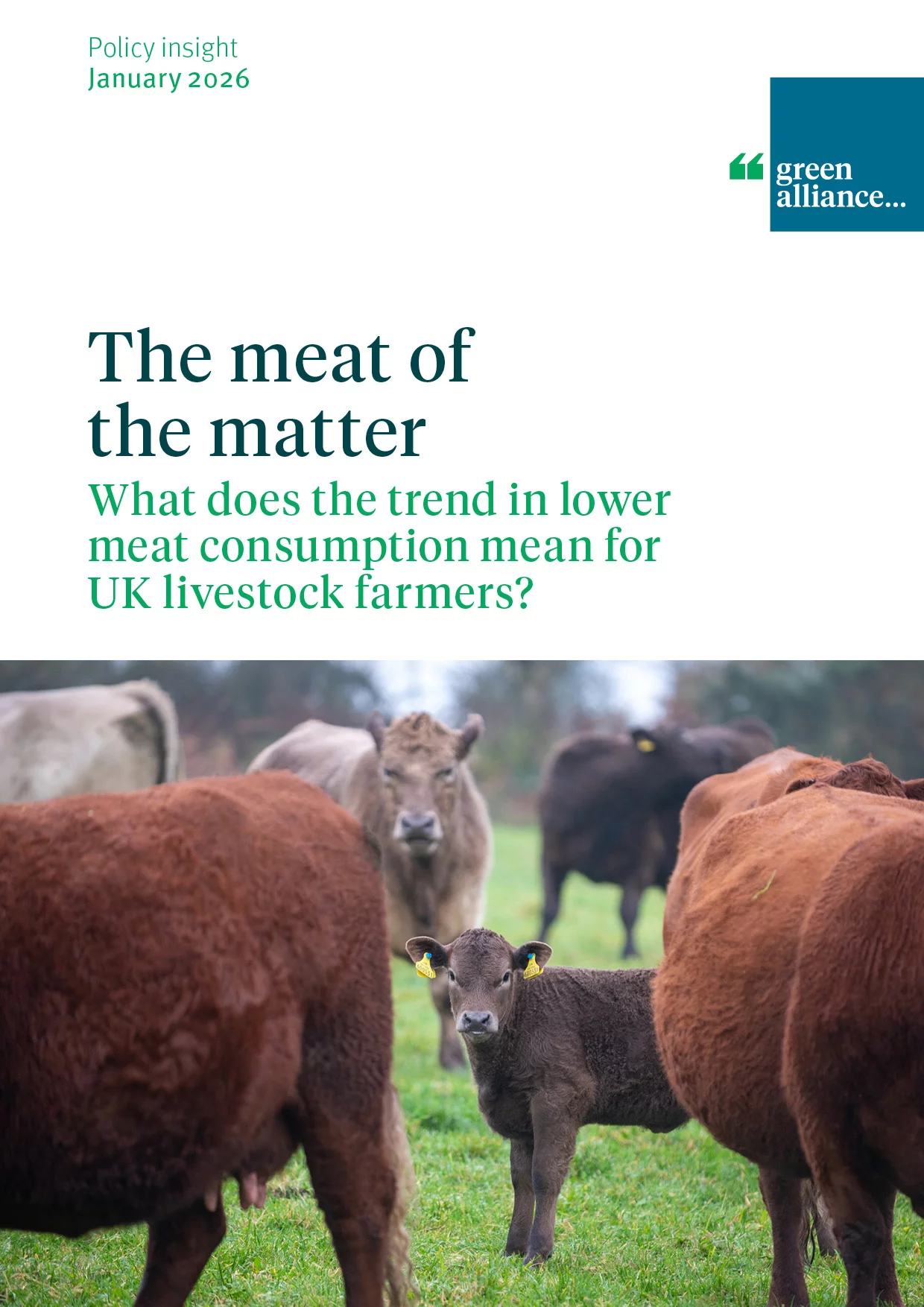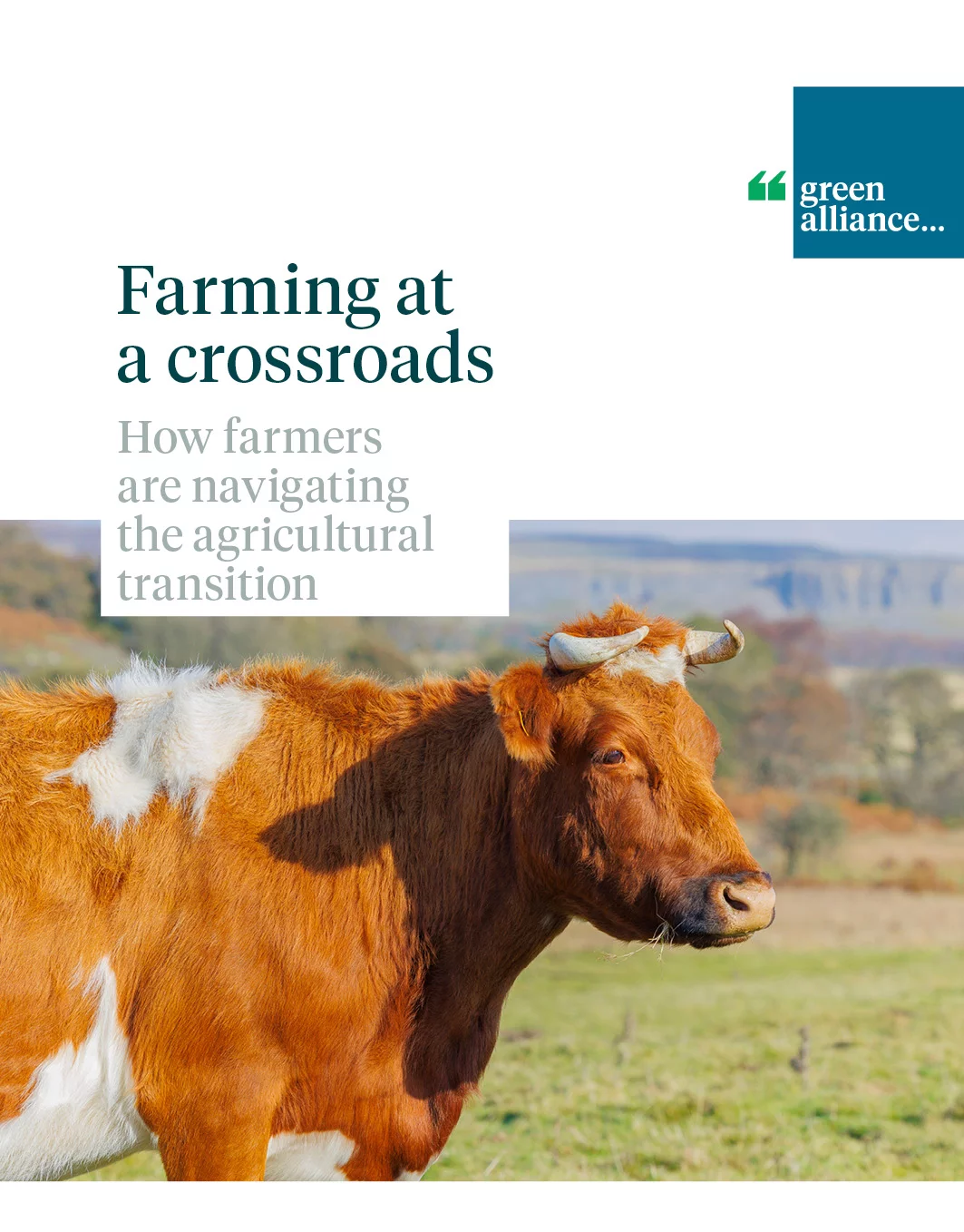Summary
The UK government has a target to generate 70GW of electricity from solar by 2035. Meeting this ambition quickly will be an essential part of delivering the government’s mission to achieve clean power by 2030. It will also reduce the major threats posed to food production by climate change and nature decline.
The energy secretary Ed Miliband approved three solar farms in July 2024 – Sunnica, Gate Burton and Mallard Pass – which will add a combined 1.4GW to the existing 15.5GW of solar power generated across the UK. These three farms will deliver two per cent of the 2035 target.
It is often claimed that large scale solar farms are a threat to domestic food production, as they are sited on farmland. But this is inaccurate as solar farms are generally built on land which does not produce a significant amount of food and the amount of solar needed to meet government targets will use roughly half the area currently taken up by golf courses.
Our analysis shows that climate change’s impact on reducing food production is already greater than the reduction that would be caused by using low grade farmland for solar farms.
Climate change and biodiversity loss are identified as the greatest threats to domestic food security by the government’s 2021 UK Food Security Report. Climate change can be mitigated by investing in clean energy, like solar.
For more information, contact:
Lucy Pegg, senior political adviser: lpegg@green-alliance.org.uk



